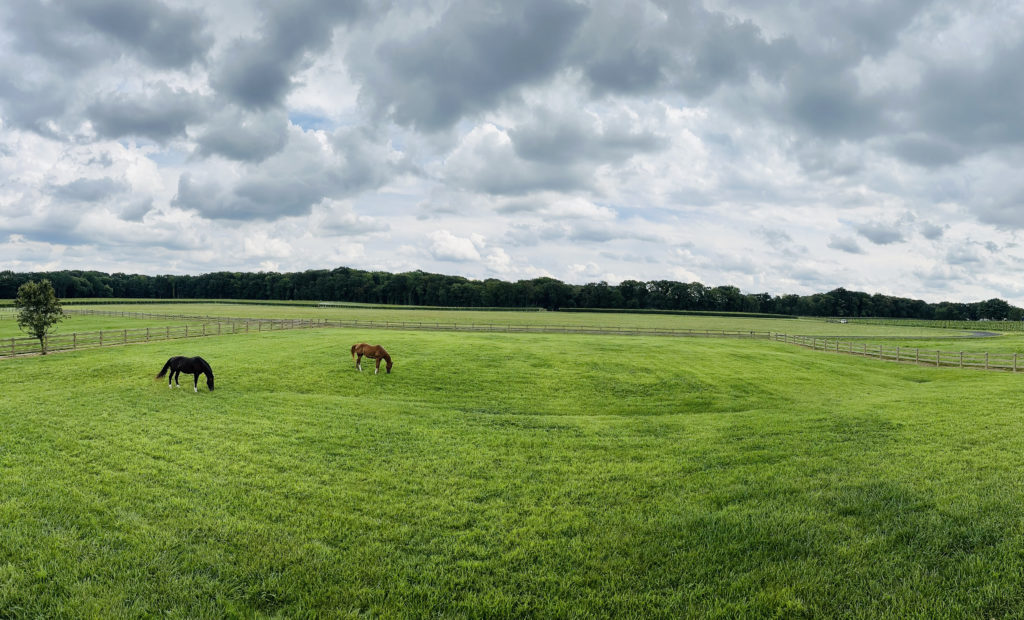
Once known for their fertile lands and bountiful harvests, Camden County farms are grappling with the harsh realities of climate change, including unpredictable weather patterns and increased pest pressures.
According to the New Jersey Department of Environmental Protection (NJDEP), the state is warming faster than the rest of the Northeast region. Residents are already feeling effects like chronic heatwaves to intense flooding and rising sea levels.
Gov. Phil Murphy responded to some climate change concerns by issuing an executive order in 2021 that established an interim greenhouse gas reduction target of 50% by 2030. That ambitious goal is coupled with the state’s existing aim of an 80% reduction by 2050, which will necessitate significant near-term investments and comprehensive policy reforms.
The state has also developed a Priority Climate Action Plan (PCAP) as part of a Phase 1 Climate Pollution Reduction Grant (CPRG) funded by the federal EPA.
Barbara Stella, a Berlin native and owner of Stella Farms there, has deep-rooted concerns about the impact of climate change on agriculture in South Jersey. Raised on the very farmland she now oversees, Stella’s journey from farm life to teaching biology has given her a different perspective on the climate change threats facing her industry.
Stella has witnessed first hand those threats since taking over the farms after her father’s death in 1997. She has delved into researching geo-engineering, a method said to mitigate climate change effects.
“It will prevent carbon dioxide buildup and reflect the sun’s light to prevent global warming,” Stella explained. “Two concerns of mine are the reduction of the sun’s light, evidenced by eight to nine cloudy days in a row.”
Stella is also alarmed about military jets spraying particles that are said to combat global warming, so she reached out to the state’s Department of Agriculture.
“If there are no farmers, there is no food,” she emphasized, highlighting the critical role of agriculture in sustaining communities.
As a member of the Camden County Board of Agriculture, Stella is determined to learn the reason for the aerial sprayings.
“The spraying has to be on a large scale,” she asserted. “I am trying to figure out what they are spraying and who it is. Is it in our plants, in our soil, and in our water? I will find out.”
Despite the challenges, Stella remains committed to providing fresh produce to her community.
“Our farmer’s market has been in business for over 100 years,” she said. “Everything we have is fresh.”
Diego Martinez Bauer, farm manager of Saddlehill Winery and Vineyards in Voorhees, also has concerns about climate change facing farmers in the region.
“The weather’s become like a dice roll these days,” he noted. “One minute it’s a drought, the next a deluge. You can’t plan for anything. Early warmth tricks the crops into starting early, then a cold snap wipes them out. It’s like starting from scratch every year.
“And if that wasn’t bad enough,” Bauer added, “the warmer weather brings on a whole new wave of pests. We have to use more and more pesticides, which drives up costs and isn’t great for the environment.”
Bauer also pointed out the strain on water resources.
“In dry seasons, we have to increase irrigation, which is not always available for all growers,” he said. “The wells can run out of water, and the next day you can get a flood that is not even enough to fill the water table. It’s not enough to store water; it dries fast from the surface.”









